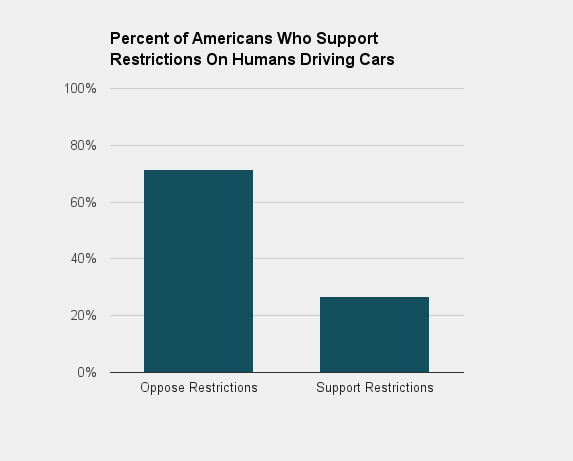As reported by MarketWatch: The Group of Seven leaders agreed Monday that the world should end its use of fossil fuels by the end of the century.
“Deep cuts in global greenhouse gas emissions are required with a decarbonisation of the global economy over the course of this century,” the G-7 leaders from the United States, Germany, Canada, Japan, France, Italy and the United Kingdom said ina declaration from the meeting in Germany.
“Deep cuts in global greenhouse gas emissions are required with a decarbonisation of the global economy over the course of this century,” the G-7 leaders from the United States, Germany, Canada, Japan, France, Italy and the United Kingdom said ina declaration from the meeting in Germany.
But the end of the century is a long way off.
In the meantime, “oil companies will predict that fossil fuels will remain dominant into the 22nd- and perhaps even the 23rd-century, but I sense more traction for the anti-carbon foes,” said Tom Kloza, global head of energy analysis at the Oil Price Information Service.
‘If 90%-95% of vehicles in [California] are still running on fossil fuel by, say, 2025, then it’s clear that it would take an unprecedented [oil] price spike or a global event on the order of sustained rising oceans to spur action.’
“The laboratory for this in the United States is still California,” he said. “If 90%-95% of vehicles in that state are still running on fossil fuel by, say, 2025, then it’s clear that it would take an unprecedented [oil] price spike or a global event on the order of sustained rising oceans to spur action.”
The G-7 agreed that global emissions should be cut at the upper end of a 40%-to-70% range by 2050 from 2010 levels.
The leaders recognize that the challenge can only be met by a “global response” and said the G-7 will do its part “to achieve a low-carbon global economy in the long term, including developing and deploying innovative technologies striving for a transformation of the energy sectors by 2050.”
It will certainly be a challenge in the United States.
Kloza said “fossil fuels have clearly become a more prominent choice because of the sharp drop in price that began in earnest about 10 months ago.” He also pointed out that “driving a car that uses gasoline or diesel is a better choice when viewed from the simplest economic perspective.”
Still, Kloza said that “instinct” tells him the technology to end the use of fossil fuels as our main transportation fuel will exist by the year 2100.
He also admits he doesn’t have any “special technical insight.”
“Back in the 1970s, I would have thought that we could travel cross-country at supersonic levels and make the NY to LA trip in, say, two hours,” he said. “Instead, it takes longer than ever in a seat that is smaller than ever.”











